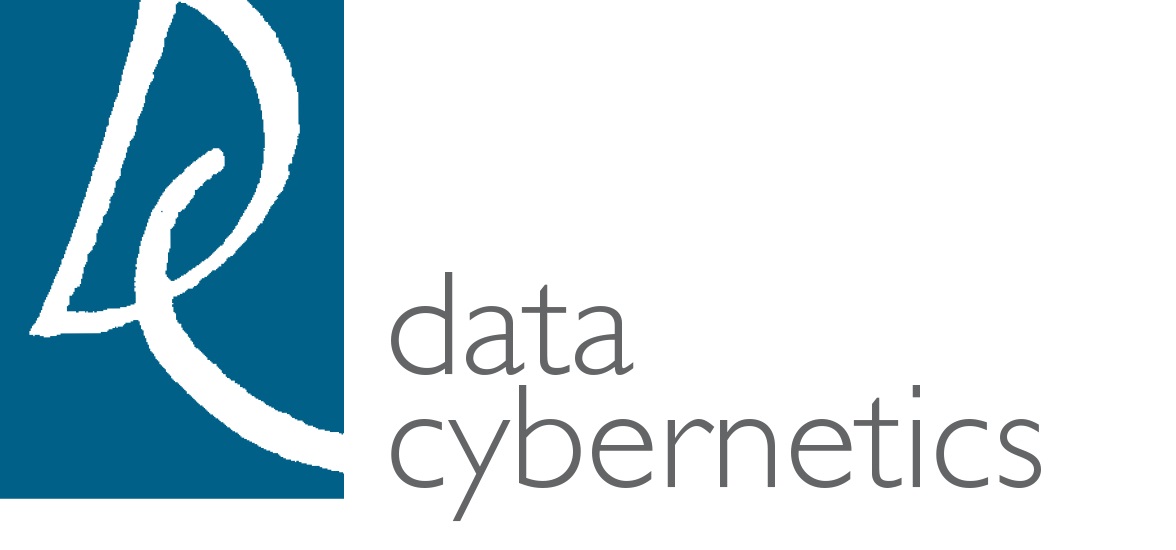Workshop on Quantum Software
Organized by Alessandra Di Pierro, Carsten Blank and Adenilton Silva on 12th November 2022
Overview of Workshop
Learning how to program quantum computers is the next critical skill for developers.
Despite this, current quantum programming tools are still at an early stage of the development process, which limits the possibility of creating real complex quantum software systems. This situation is reminiscent of the Software Crisis experienced by classical computing in the 60's.
One consequence of that crisis was the GNU Project set out to develop a complete free Unix-like system: GNU. Thanks to that initiative, free software is nowadays a well estabilshed philosophy among software developers.
The most urgent need for quantum software today is a similar systematic and unifying approach to quantum programming, whith the following main objectives:
- the high-level definition of programming languages via a machine-independent specification of their syntax and semantics
- a structured methodology for translating high-level programs before running them on quantum computers,
- the development of formal methods for the analysis of program properties and for compiler optimisation.
Looking at a quantum computing system as a stack of several layers from the creation of quantum algorithms to the development of hardware devices, the term `quantum software' is used in the name of this workshop as an umbrella for all the intermediate levels of such a stack that allows quantum algorithms to be implemented and executed on quantum hardware.
This workshop aims to gather new ideas as well as established results in quantum software and discuss the most significant directions of research in
- Quantum Computer Languages and Compilers
- quantum languages design and implementation
- quantum program analysis and verification
- quantum software engineering
- Quantum computer architecture
- quantum hardware-software interface
- quantum assembler
- quantum circuit optimisation
Click here to download a detailed program of the workshop!
Sponsored by:

